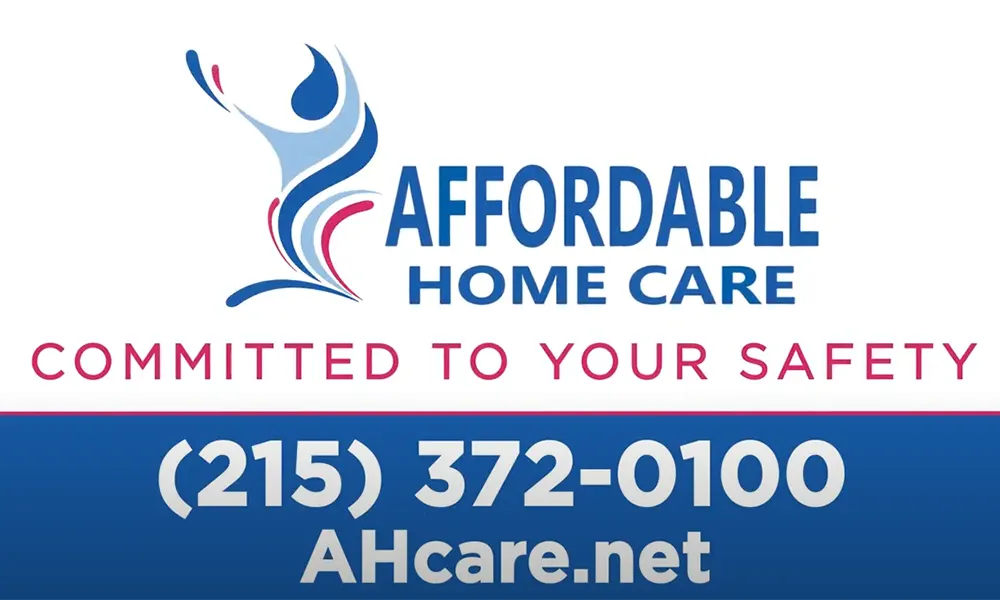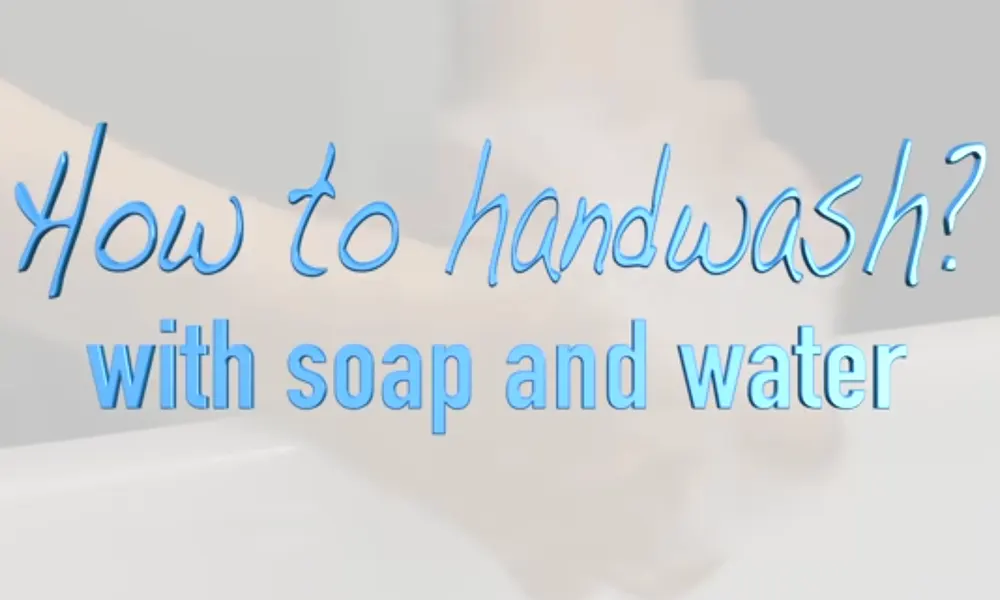Covid-19 Information
As we continue to monitor the status of the current coronavirus pandemic, Affordable Home Care wants you to know that we care deeply about the safety of our clients, caregivers, and their families. In light of this, we have prepared this document to inform and prepare everyone about COVID-19 and what precautions should be taken. We have also included resources should you wish to educate yourself further. We will continue to be open Mon-Fri, 9 am - 5 pm for all of our caregivers and clients. Please do not hesitate to reach out to us if you have any questions.
Scroll down for more details.

What You Need to Know About Coronavirus (COVID-19)
COVID-19 is a newly emerging and evolving disease first identified in China in December 2019. It has now been detected in almost 70 locations internationally, including the United States. The Centers for Disease Control and Prevention (CDC) has taken the lead on this along with the White House. Community-acquired cases of COVID-19 have recently been identified. Now the risk for exposure in the United States is considered high. It is also important to remember that local, state and federal governmental agencies have been developing plans and protocols for such an event for a very long time. A coronavirus is part of a family of viruses that are common in both people and animal species. Symptoms of COVID-19 have ranged from mild symptoms to severe illness. There are reported deaths associated with the disease. (Source: CDC)
Symptoms
Symptoms of the virus may appear 2-14 days after exposure, and they include:
Fever
Dry Cough
Shortness of Breath
Body Aches
Headaches
Loss of Taste
Loss of Smell
Diarrhea
Not everyone initially experienced a fever. According to the NYSDOH, in a conference call on 2/11/20, 44% of people presented initially with fever but ultimately throughout the course of the disease 90% of the people had fever.
Who is at Higher Risk?
Early information out of China, where COVID-19 first started, shows that some people are at higher risk of getting very sick from this illness. This includes older adults and people who have medical conditions such as:
-
Heart Disease
-
Diabetes
-
Lung Disease
Prevention
The best way to prevent illness is to avoid being exposed to this virus. CDC has reinforced the use of everyday preventive actions to help prevent the spread of respiratory diseases and seasonal influenza.That includes:
-
Number one prevention is to wash your hands often with soap and water for at least 20 seconds, especially after going to the bathroom, before eating, and after blowing your nose, coughing, or sneezing.
-
If soap and water are not readily available, use an alcohol-based hand sanitizer with at least 60% alcohol. Always wash hands with soap and water if hands are visibly dirty.
-
Cover your cough or sneeze with a tissue, then throw the tissue in the trash.
-
Avoid close contact with people who are sick.
-
Avoid touching your eyes, nose, and mouth.
-
Stay home when you are sick.
-
Clean and disinfect frequently touched objects and surfaces using a regular household cleaning spray or wipe.
Proper hand washing:
Washing your hands is easy, and it's one of the most effective ways to prevent the spread of germs. Clean hands can stop germs from spreading from one person to another and throughout an entire community from your home and workplace to childcare facilities and hospitals. Follow these five steps every time:
-
Wet your hands with clean, running water (warm or cold), turn off the tap, and apply soap.
-
Lather your hands by rubbing them together with the soap. Lather the backs of your hands, between your fingers, and under your nails.
-
Scrub your hands for at least 20 seconds. Need a timer? Hum the "Happy Birthday" song from beginning to end twice.
-
Rinse your hands well under clean, running water.
-
Dry your hands using a clean towel or air dry them.
Caregiver Instructions
Caring for a person at home with COVID-19
Wear A Facemask
The caregiver and infected person should wear a surgical mask when in the same room. Wear a cloth mask if surgical masks are not available. Caregivers should add gloves if in contact with the patient's blood, stool, or bodily fluids.
Monitor Symptoms
Monitor the patient's symptoms and each family member's symptoms. If the patient is behind a closed door, have a method of communication to decrease the feel of isolation and to be aware of any sudden change in their condition.
Maintain Separate Bedroom
Close the door to the patient's bedroom. Pets should not enter. Limit children's exposure to the infected person. Screen visitors for fever and cough before allowing into the home. All visitors must wear a mask.
Separate Bathroom Preferred
CaIf a separate bathroom is unavailable, the infected person should wear a mask during use. Any bathroom should be disinfected following use. Be sure to wash your hands as you leave the bathroom.
Avoid Sharing Household Items
Avoid sharing household items with the patient including dishes, towels, bedding, and eating utensils. Clean "high touch" surfaces often using disinfectant. Bleach can be used in place of other disinfectants. For bleach solution, mix 4 teaspoons of bleach per quart of water.
Washing Laundry
Wash the infected person's clothes and bedding, and all cloth masks immediately if soiled with blood, stool, or bodily fluids, including mucous. Use disposable gloves when handling these items and keep them away from your body. Use the warmest recommended temperature to dry.
How To Handle Trash
All used disposable gloves and masks should be placed in a lined trash can with a lid and then added to household trash for pick-up. Wash hands after handling. Avoid touching eyes, nose, and mouth with unwashed hands.
Provide Basic Needs
Ensure the infected person eats nutritious foods,drinks plenty of fluids,and takes all prescribed medications. Caregivers should care for pets.
IN AN EMERGENCY CALL 911! There are many things you can do to help your family and community be prepared for a public health emergency.
To learn more, call the Pennsylvania Department of Health at 1-877-PA-HEALTH, 1-877-724-3258, visit www.health.pa.gov, or contact your county/municipal health department listed below:
-
Pennsylvania ReadyPA: www.Ready.PA.gov
-
Pennsylvania Department of Health:1-877-PA-HEALTH, 1-877-724-3258 www.Ready.PA.gov
-
Pennsylvania Emergency Management Agency: www.pema.pa.gov www.pema.pa.gov
-
American Red Cross: 1-800-435-7669, www.redcross.org
-
Pennsylvania Poison Control Centers: 1-800-222-1222 www.Ready.PA.gov
-
Emergency Management Agency (EMA)/Department of Health (DOH) Contact List

